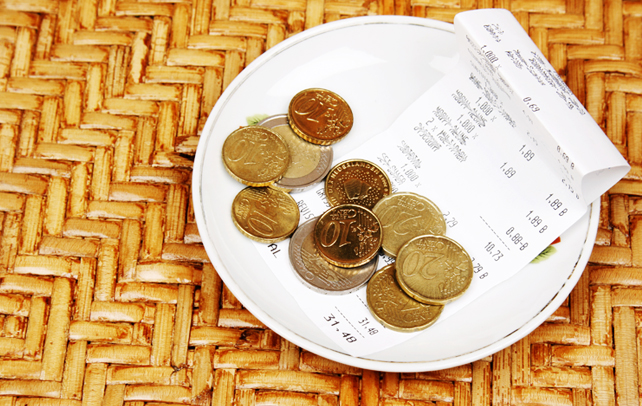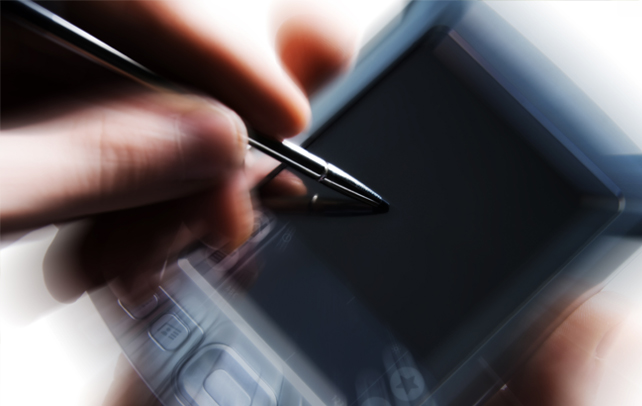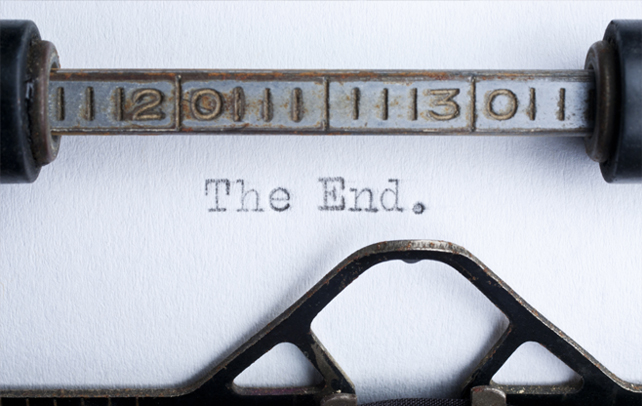Tipping Etiquette

There were times when you must have wondered who you should tip or how much or whether tipping in a coffee shop is permissible. Each time you leave behind a certain amount of money, you always ask yourself whether it is sufficient. In countries like Japan, tipping is considered as an insult to the waiter and the restaurant owner. But most other places accept tips either directly or indirectly. Thus, it can be seen that tipping has been integrated into our lives, be it cab drivers, hotel bellboys, cleaners in a restaurant or in hair salons. The etiquette of tipping is not well-understood by travellers and tourists as they are confused by how much they need to contribute to the service rendered to them. Though this is not such a big challenge; hotel tipping etiquette must be de-mystified before you travel abroad. It can be understood that tipping is not mandatory, it is discretionary. If you receive exceptional service, whether in a restaurant or at valet parking, a tip is in order for this provision.
While Travelling
- Tipping is a reward in return for good service. Therefore, if you require the skills of a specific person during a trip then tip him at the end of your stay.
- Always keep some quick cash, in the form of change, ready because there might be some unforeseen circumstances.
- Tipping in hotels is not restricted only to the boys who carry your baggage to the guest room. It may also be presented to the valet, room service etc.
- It is advisable to leave a tip for your hotel attendant, if an additional towel, toothbrush and soap has been placed in your room. You can also write a ‘thank you’ on a note pad and leave the tip along with it.
- Concierges, sometimes, perform other duties such as booking movie tickets for you and this definitely calls for a small tipping!
- There are some hotels that do not accept tips. In such a scenario, you may leave a ‘thank you’ note or send a small gift as a token of appreciation.
- Taxi drivers are usually given a tip of 15% of the full fare because of their effectiveness in driving and handing and delivering your luggage.
- It is not mandatory that you tip the doorman; a simple ‘thank you’ should be enough. If he helps you catch a cab or manage your bags until you leave the premises, you may tip him.
In Restaurants
- It is customary to leave 15% or 20% of the total bill as tip in restaurants, irrespective of the fact whether the service was good or mediocre. In case, you were treated very poorly then it advisable to talk to the restaurant manager rather than giving a lesser tip amount.
- As per tipping etiquette, never ask for change from the recipient as this can be extremely embarrassing. In case if you do not have the required change, don’t tip at all.
- You might have seen tip jars in front of coffee shops. As a symbol of courtesy, you can toss a few coins in.
- On business trips, tipping is mandatory. Even if the service is sub-standard, it is recommended that you leave a tip. The same goes while entertaining clients. But remember that over-tipping would be a dishonest attempt to impress your peers.
- Be careful that you do not tip high level employees in a hotel or restaurant.
- It is important to maintain discretion while tipping. Ensure not to flaunt that amount, regardless of it being big or small. A tip is like a deal between you and the recipient.
- You can tip a bartender 10% or 15%, depending on the drink you ordered.
In Public Places
- If you are not sure whether tipping is appropriate for a specific job, go with your instincts. For instance, if you see the newspaper boy doing a good job then give him some quick bucks along with the monthly payment, even though your neighbour hasn’t done the same.
- Tipping is customary for services such as manicurists, hairdressers, taxi drivers and aestheticians. A minimum of 10% is compulsory although it is up to individuals to decide.
- Once you get good service from a particular place, such as a salon, you can leave the tip in an envelope at the front desk. You can write the name of the person; ensure not to write the amount. If there you cannot see any envelopes, hand the tip over to the stylist.
The word ‘tip’ originated from a pub owner who wrote its acronym ‘to insure promptness’. If taken in that spirit, a tip must be the first thought off as the attention and promptness in service. It is the best gesture of appreciation. Understanding the etiquette for tipping, in specific situations, is essential as it leaves a good mark about your personality. Etiquette also helps you avoid that unsettling experience that you have regarding tip amounts. Although it is discretionary to tip a person, it is more of a moral obligation as a token of thanks.












